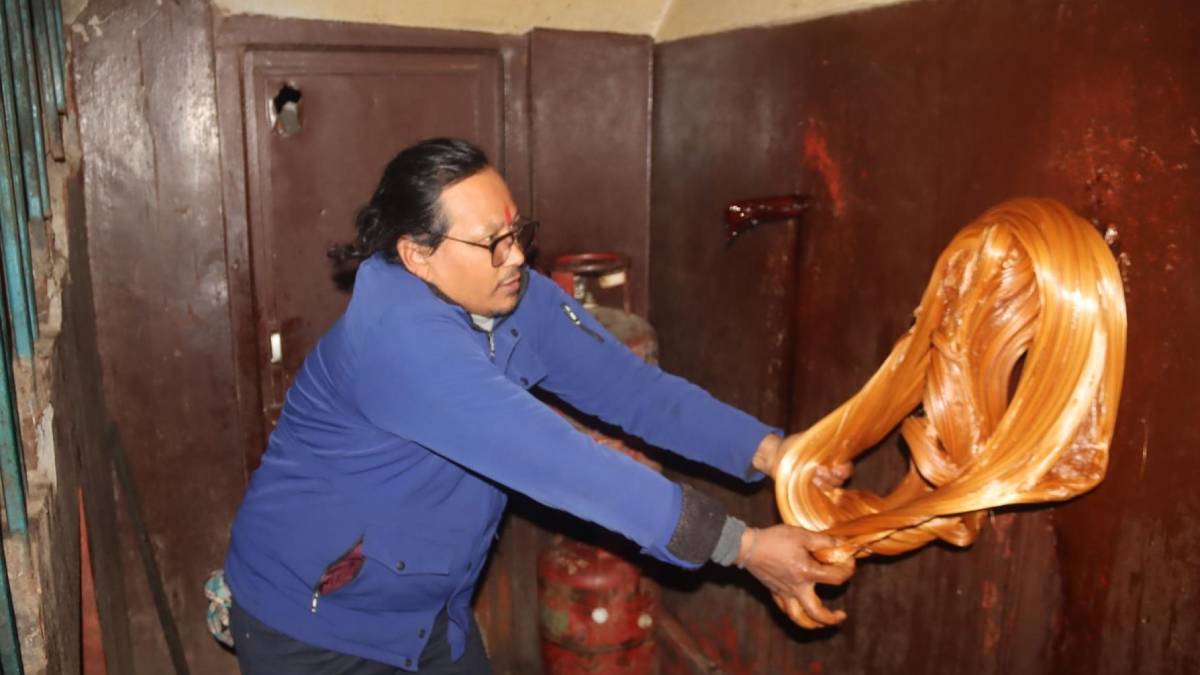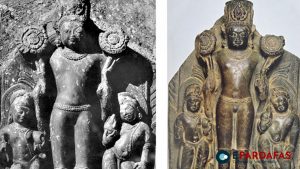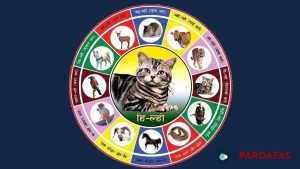
Tokha Bazaar Gears Up to Meet High Demand for Chaku Ahead of Maghe Sankranti

Tokha Bazaar, located in the northern part of Kathmandu, has become a bustling hub as it works to meet the growing demand for Chaku ahead of the Maghe Sankranti festival.
Chaku, a traditional Nepali delicacy made from boiled and hardened molasses mixed with spices and dry fruits, holds cultural significance during the festival. It is commonly enjoyed alongside sesame laddu (til ko laddu). With the festival just days away, this historic town, renowned for its religious and archaeological heritage, is abuzz with activity as Chaku production reaches its peak.
The Newar community, particularly those in the Kathmandu Valley, cherish Chaku as an integral part of their festive traditions. Tokha, predominantly a Newar settlement, plays a pivotal role in producing and supplying this delicacy for Maghe Sankranti, which falls on January 14 this year.
Tokha Bazaar, encompassing Ward Numbers 2 and 3, is home to 14 Chaku industries, with most of the valley’s Chaku supply originating here. Local suppliers from various parts of the Kathmandu Valley place advanced orders, ensuring the product reaches markets such as Asan, Indrachowk, Bhaktapur, Kirtipur, and Patan. Beyond the valley, Tokha-made Chaku is distributed to cities including Narayangadh, Pokhara, Butwal, and Biratnagar, and even exported to countries with significant Newar communities.
Santamaya Shrestha, the proprietor of Shreekrishna Chaku Industry, revealed that her family has been involved in Chaku production for four generations. Over 50 workers are engaged in the process, which begins shortly after the Tihar festival and peaks during the winter months.
Krishna Shrestha, Chair of the Tokha Traditional Chaku Conservation Society, noted that the industries collectively produce Chaku worth Rs. 3 to 4 million annually. These enterprises are busiest between the months of Kartik (October-November) and Push (January-February), creating molasses-based products to meet local and international demand.
Chaku production in Tokha is said to date back to 519 AD, a testament to the town’s long-standing tradition. The Tokha Traditional Chaku Conservation Society, established in 2016, works to preserve this heritage.
Veteran Chaku maker Rajkaji Shrestha, who has been in the business for over 50 years, shared that the Tokha-made Chaku is not only in demand across Nepal but also in various countries worldwide, underscoring the global appreciation of this traditional Nepali delicacy.












Comments